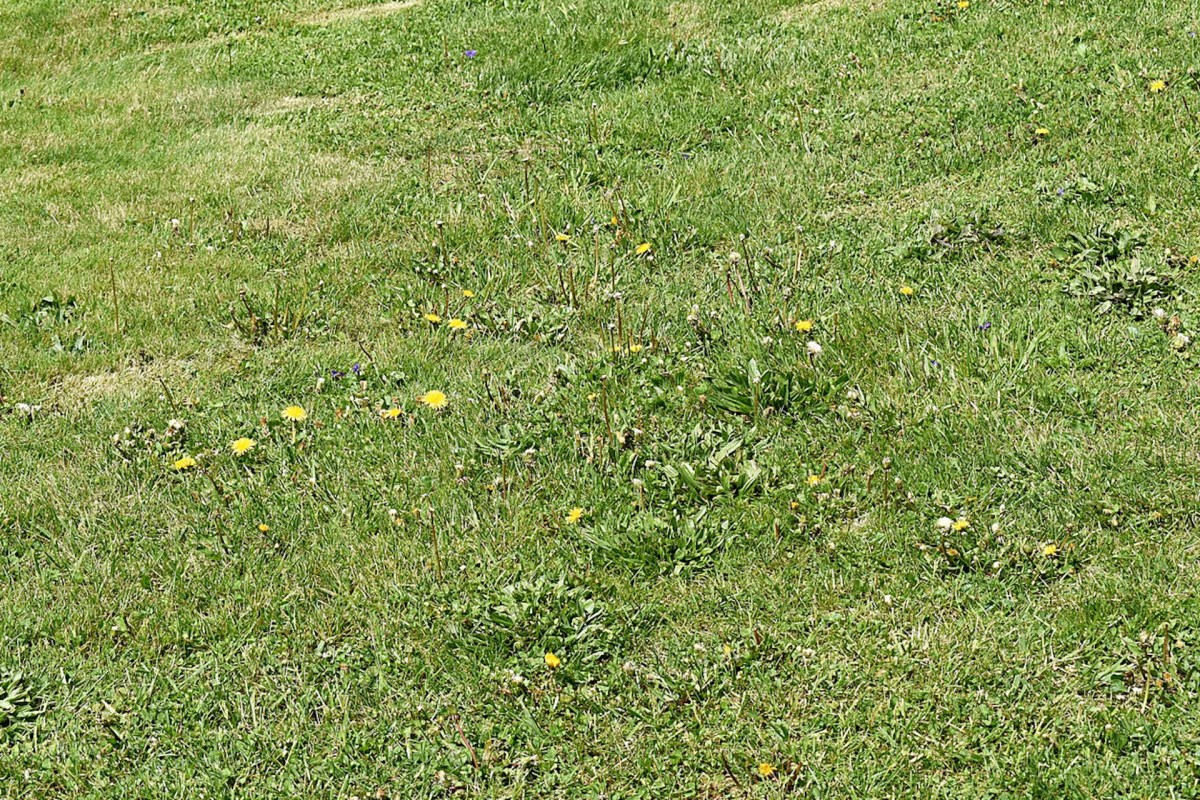Gardening is a rewarding — and sometimes challenging — endeavor.
Even in optimal conditions, plants can be finicky, and it can be frustrating when things just aren't growing. These challenges hit close to home for one Reddit user, who struggled with the consequences of the previous owner's lawn treatments.
On a subreddit dedicated to abandoning monoculture lawns, one Redditor asked for advice, writing, "The previous owners used a Tru-green or Lawn Doctor type service for many years. I am anticipating the dandelions, and wondering when (if ever) the greens will be safe to eat."
In the pursuit of a weed-free, pest-free lawn, homeowners often resort to sprays that contain pesticides, insecticides, and various chemicals.
Although these sprays are engineered to dissipate over time, some chemicals, like glyphosate, can remain in the soil for months. Some of the chemicals in these sprays are designed to kill, and their lingering presence in the soil can make it considerably more difficult for plants to grow and thrive.
The Reddit user was considering planting mustard greens, as "they can help clean contaminated soil." Some plants are capable of absorbing toxins from soil, like sunflowers and mustard greens. Known as phytoremediation, certain plants "thrive in contaminated soils, absorbing and therefore reducing the level of toxic accumulation." However, this process can take time. So while the plants will eventually return, there's no guarantee they'll be immediately edible.
"Broad leaf persistent herbicides are just that - persistent. I wouldn't expect… broad leaf plants like dandelions [to grow] in a season or two if they doused the area," replied one user.
"Without the soil testing … then you are just guessing," said another.
SoilForWater described soil testing, or a bioassay, as "a quick and easy way to determine if chemical residues (insecticides and herbicides) are in a soil, and to test if the soil can be safely planted to a crop."
The bioassay will confirm whether or not chemical residuals are present in the soil and, hopefully, give this Redditor some peace of mind — along with edible dandelions.
Join our free newsletter for easy tips to save more, waste less, and help yourself while helping the planet.









